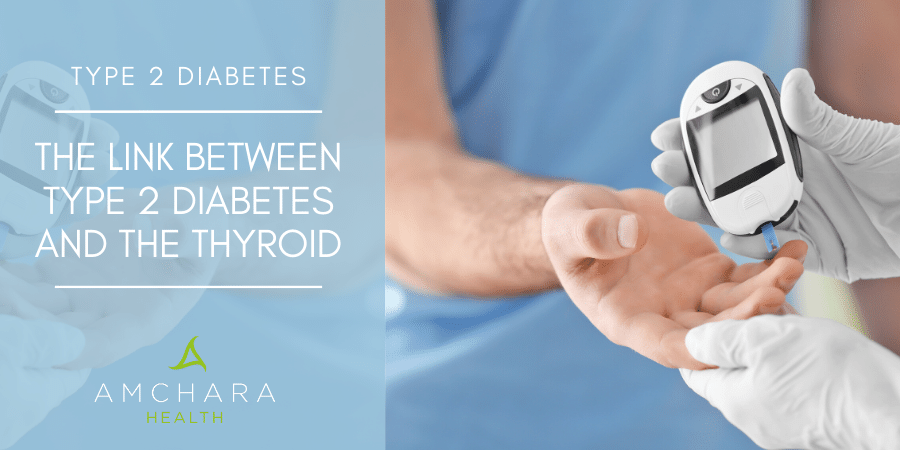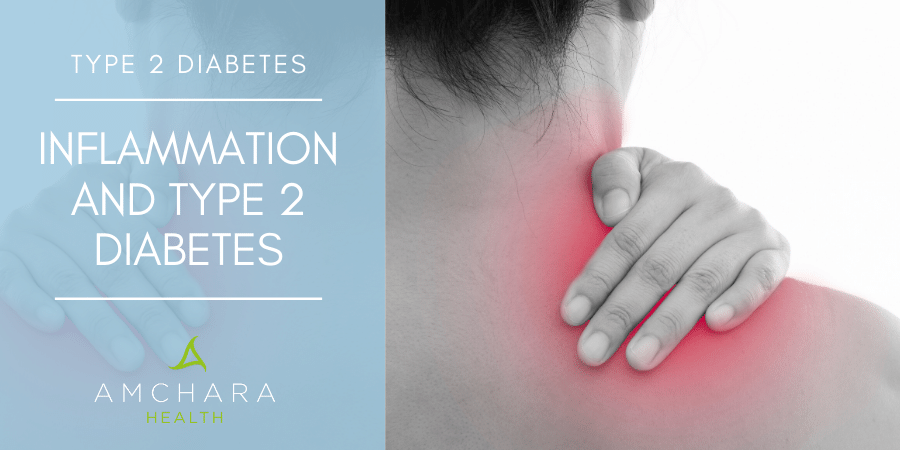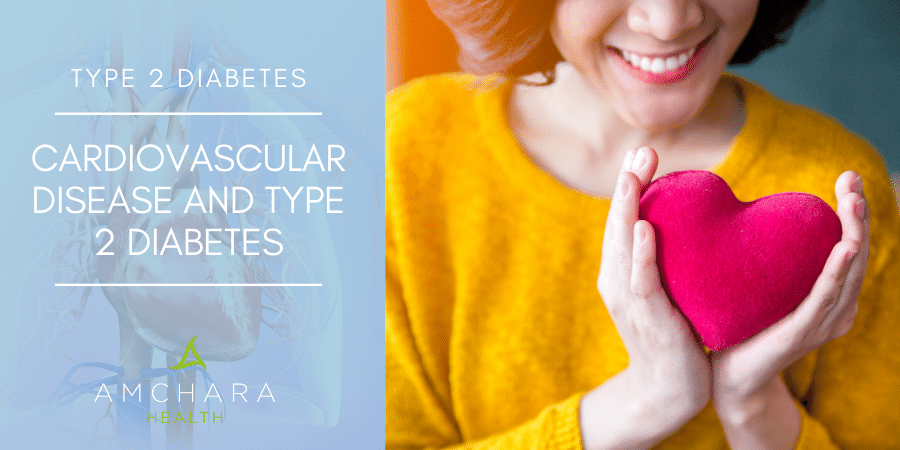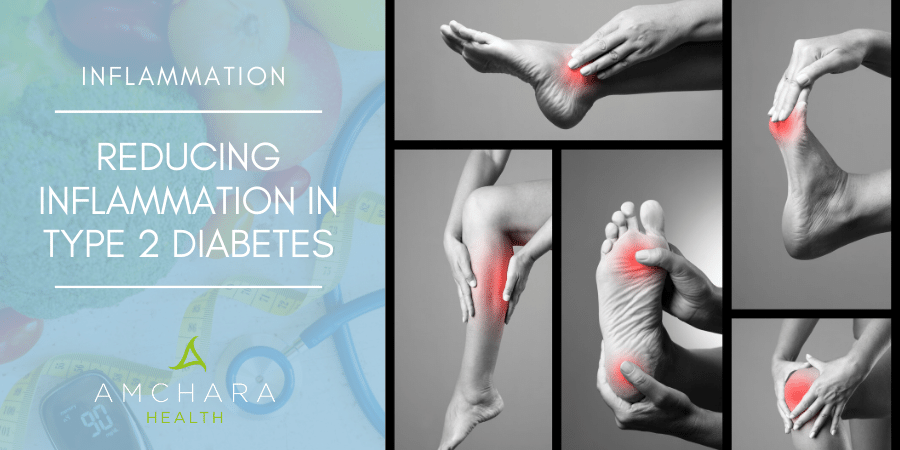Topics Covered in this article:
Prevalence of diabetes globally is escalating, so acting on any warning signs or symptoms makes sense if you don’t want to add your name to the increasing number of sufferers.
According to the latest research from the American Diabetes Association it is estimated that there are currently more than 500 million cases of type 2 diabetes worldwide. (1)
Numbers are expected to continue rising rapidly. But there are many dietary and lifestyle recommendations that can help reduce the risk of diabetes.
Different types of diabetes
Diabetes mellitus is a chronic degenerative disorder of carbohydrate, protein and fat metabolism, characterised by elevated blood sugar (glucose) levels.
The disease occurs when the cells of the body become resistant to the hormone insulin or if the pancreas does not secrete sufficient insulin.
Insulin is secreted by the pancreatic beta cells and regulates blood sugar levels by transporting glucose from the blood into the cells. (2)
Impaired insulin secretion means glucose in the blood is unable to enter the cells for storage and spills into the urine, carrying with it large amounts of water, water-soluble vitamins and minerals.
The consequence of this is severe electrolyte imbalance and dehydration, which triggers excessive thirst.
Further complications arise because of the body’s inability to ferry glucose fuel to the cells that need it, so it begins to convert fats and proteins into sugar as an emergency measure (known as ketoacidosis).
This leads to wasting of the body, dehydration and weight loss.
There are two major types of diabetes, type 1 and type 2.
Type 1: Insulin dependent diabetes (IDDM).
Occurs most often amongst children and adolescents of normal weight or underweight.
It can involve instant hypoglycaemic reactions that are quickly remedied by eating a sweet or drinking fruit juice to bring the blood glucose levels back to normal.
Approximately 10-15% of all diabetics in the UK are insulin dependent and require life-long insulin to control blood sugar levels. (11)
This is because the body cannot manufacture the insulin necessary to carry the glucose into the cells.
The onset of IDDM is rapid, usually occurring over a few days or weeks.
Typical symptoms include: weight loss, frequent urination and fatigue.
Type 2 Diabetes: Non-insulin dependent diabetes (NIDDM)
Tends to affect individuals over the age of 40 with a higher prevalence amongst women than men.
It is often associated with obesity and is more likely in people with a family history of type 2 diabetes (3)
Approximately 90% of all diabetics in the UK are type 2. (11)
NIDDM happens when your body becomes resistant to the normal effects of insulin and cannot move glucose into the cells.
Initially there may be elevated levels of insulin in the blood as the body tries to compensate by producing more insulin in an effort to transport more sugar into the cells.
Eventually the pancreas becomes partially exhausted and stops working to full capacity.
Common Signs and Symptoms of Type 2 Diabetes
Many people with Type 2 Diabetes display no obvious symptoms.
As Type 2 Diabetes is commonly (but not always) diagnosed at a later age, sometimes signs are dismissed as a part of the ageing process.
In some cases, by the time Type 2 Diabetes is diagnosed, the complications of diabetes may already be present.
Signs and symptoms of Type 2 Diabetes include:
- Family history of diabetes
- Tingling and numbness in the feet
- Blurred vision
- Obesity
- Excessive thirst
- Itching
- Drowsiness
- Feeling tired all the time.
- Numerous falls.
- Mental confusion
- Leg cramps
- Feeling dizzy
- Mood swings
- Cuts that will not heal – tendency to infection and ulceration.
Possible Causes of Type 2 Diabetes
A diet high in refined, processed foods, including sugar, saturated fats and refined carbohydrates, contributes significantly to diabetes. Other factors include:
- Genetic predisposition
- Obesity – some research suggests that individuals who are 30% or more overweight for over 30 years will develop diabetes (5).
- Food allergies
- Viral infections may trigger an immune response
- Stress, as it increases adrenalin production, which raises blood sugar levels.
How Type 2 Diabetes affects your health
The reduced production or effectiveness of insulin in Diabetes can lead to many different complications including:
- Heart and kidney disease
- Neuropathy (nerve damage)
- Eye problems (diabetic retinopathy and cataracts)
- Atherosclerosis
- Gangrenous infections of the feet or legs
- Blindness
- Death
- Ketoacidosis
How to avoid Type 2 Diabetes
Diabetes is closely associated with obesity.
According to Public Health England, approximately 90% of adult diabetics are overweight or obese (12) therefore, a healthy diet is essential for achieving an ideal weight.
Dietary and lifestyle recommendations
- The key is to supply the body with slow-burning fuel that will not cause a sudden increase in sugar in the blood and therefore require excess insulin. Avoid refined, processed foods and increase complex carbohydrates and fibre.
- A diet rich in unrefined carbohydrates improves diabetic control. Unrefined carbohydrates are broken down slowly and cause only a gradual rise in blood sugar levels.
- Fibre found in fruits, vegetables and whole-grains should be emphasized. Studies consistently show that high dietary fibre intakes are associated with a 20-30% reduced risk of developing type 2 diabetes. (13)
- Although whole-grains are a good source of fibre, care should be taken with gluten containing grains, as some diabetics may be intolerant of these grains.
- Fresh fruit and vegetables, pulses, seeds and nuts release their glucose content slowly enough to allow the body to convert the excess glycogen and store it in the liver, without excess insulin production.
- Two servings of beans per day may help control blood sugar levels. Research suggests that because beans are rich in protein they help to dampen the blood sugar response. (14)
- Eliminate sugar and foods that contain sugar including: glucose, jams and marmalades, honey, syrup, jellies, cakes, sweetened biscuits and squashes.
- Use dried fruit such as sultanas, raisins, dates and figs, (all rich in natural fruit sugar) only sparingly.
- Stick to moderate amounts of lean meat, fish and unsaturated fats and eat small frequent meals.
- Diabetics have an increased risk of arterial disease. (15) Reducing saturated fat is recommended. Try to avoid: butter, margarine, lard, dripping, suet, cream, cream cheese, cheese, dairy ice-cream, mayonnaise, fatty meat, sausages, salami, pate, pies, pastry, cakes, chocolate and crisps.
- A vegetarian diet is helpful. Based on a wide body of evidence there is a general consensus that a whole-food plant based diet is highly beneficial for preventing and treating type 2 diabetes. (20) Onions and garlic have blood sugar- lowering effects. (6)
- Aim to avoid dairy products. Some researchers report that the antibodies involved in cow’s milk allergy can also react against the pancreas. (16)
- Regular, moderate exercise is essential. This is the one factor that can improve blood sugar control and prevent or delay type 2 diabetes. (17)
- Exercise increases the sensitivity of the body’s responses to insulin, leading to smoother control of blood sugar levels. 30 minutes of moderate exercise at least four times per week is recommended.
- Reduce weight if necessary.
- Reduce stress. Practice relaxation exercises such as yoga, deep breathing, massage and meditation.
- Eliminate alcohol, caffeine and smoking.
- Follow an elimination/rotation diet to detect food allergies or sensitivities as some foods may affect blood sugar levels. Identifying any culprits can help to improve blood sugar control.
Supplements that may help
Several studies suggest that diabetes is associated with nutrient deficiencies.
It may be beneficial therefore to take a multivitamin and mineral complex to support a healthy diet.
There are a range of other nutrients that may also be helpful in managing diabetes or preventing the onset of diabetes:
MAGNESIUM – aids in insulin and blood sugar regulation; may help prevent diabetic retinopathy and heart disease. (7)
MANGANESE – needed for activating enzymes necessary in glucose metabolism. A deficiency of manganese is common amongst diabetics (7)(19)
COPPER – deficiency is associated with blood sugar problems. (7)
CHROMIUM – several studies have shown that chromium supplementation improves glucose intolerance, gestational diabetes, and corticosteroid-induced diabetes. (10) (18)
OMEGA-6 FATTY ACIDS – specifically black currant seed oil or evening primrose oil, aid in reversing nerve damage due to diabetic neuropathy (8)
COENZYME Q10 – stimulates insulin production; shown to reduce fasting blood sugar levels and ketone bodies by 30%. (9)
ALPHA LIPOIC ACID – ALA (alpha-lipoic acid) is a versatile and potent antioxidant, and may help to reduce diabetic neuropathy and pain from free-radical damage. Studies have also linked ALA to decreased insulin resistance. (19)
If you think you may be pre-diabetic or have symptoms of Type 2 Diabetes, you might find it easier to manage the condition with the help of our health experts at an Amchara retreat.
An Amchara detox provides the option to juice fast or eat healthy low sugar nutritious food.
The detox is supervised and you are carefully monitored during your stay.
Clinical trials provide evidence that lifestyle intervention around dietary change can significantly reduce the reliance of Type 2 Diabetes sufferers on medication.
Need some inspiration?
Watch Dale Freedman* as he explains his experience and results @Amchara
Click here for more information
*Results can vary and are not guaranteed
READ THIS NEXT:





